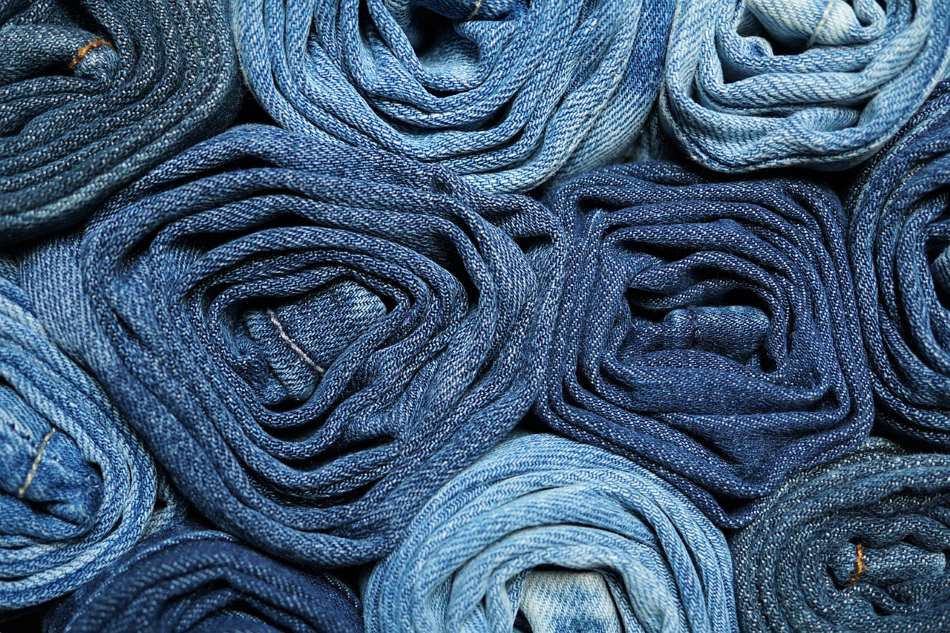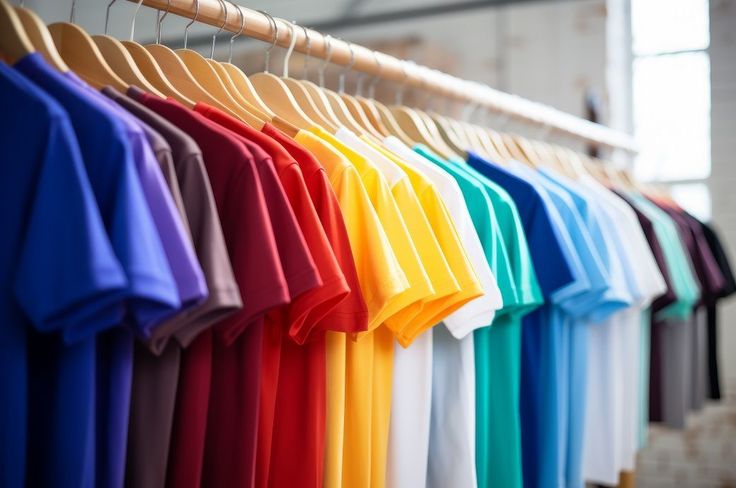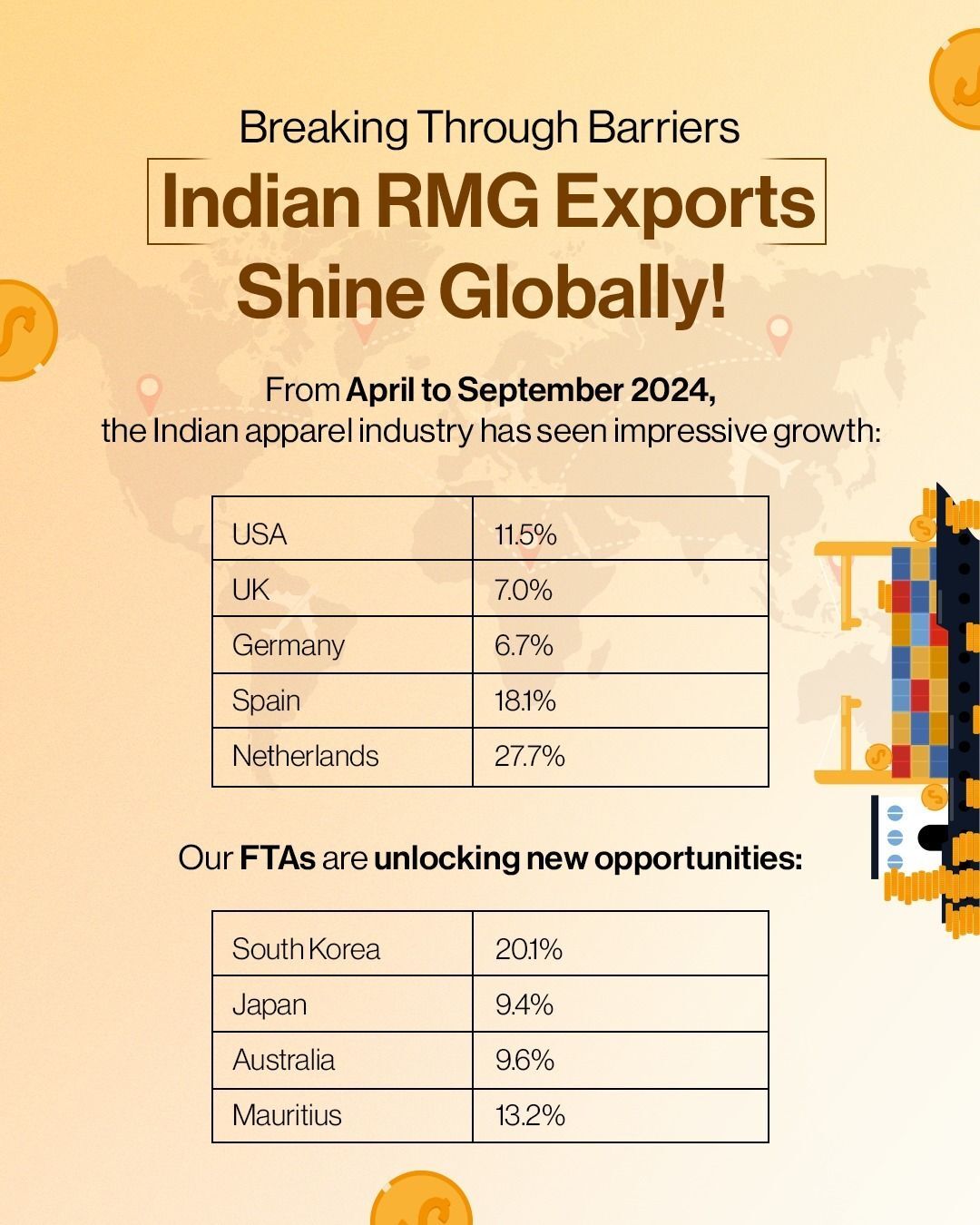
After the crazy times of Covid, the way we see denim is changing. Now, everyone's into being eco-friendly and thinking more about the planet. The fashion world, dealing with money ups and downs and global issues, isn't growing as fast. Big clothing companies had big plans for denim, but now it's not the superstar anymore; it's more about keeping things steady.
Even fancy brands are all about going green. Making denim, it turns out, isn't great for the environment. Levi Strauss spilled the beans on making their famous 501 jeans – it takes a whopping 3,000 liters of water and pumps out 20 kg of carbon dioxide and other gases before it even hits the store. Growing the cotton needed for jeans uses lots of pesticides and fertilizers, which aren't good for people or the planet. And forget natural indigo dye – now it's all synthetic, with nasty stuff like formaldehyde and cyanide.
In some poorer countries where they make jeans, they let the leftover dye go into rivers and seas. And making cool-looking jeans involves more chemicals like sandblasting, stonewashing, and acid-washing. It's a real mess for the environment. Indeed, the denim world needs to rethink things to keep up with the push for a more eco-friendly future.
Slowdown in global market growth
As per the ‘Global Strategic Business Report on Denim Jeans’ published by GlobeNewswire, global denim jeans market, valued at approximately $70.1 million last year, is projected to touch about $114.6 million by 2030. This represents a 6.3 per cent compound annual growth rate (CAGR) during the 2022-2030 forecast period. However, the growth is facing obstacles due to sustainability concerns, disruptions in global supply and distribution chains, and consumers tightening their purse strings.
In 2022, the denim jeans market in the US was estimated at $20 million, a front-runner in this sector. China, bouncing back strongly in post-Covid as the world's second-largest economy, is expected to reach a market size of $25.9 million by 2030, at an impressive 8.9 per cent CAGR over the forecast period. Other countries contributing significantly to denim market sales include Japan, growing at 3.4 per cent, and Canada, at 5.1 per cent. Within Europe, Germany is anticipated to grow at 3.9 per cent CAGR. Despite these positive projections, challenges such as sustainability issues and supply chain disruptions are influencing the trajectory of the global denim market.
Trade shows boost sustainably awareness
However, even in this scenario, denim trade shows are still happening worldwide, although many in the industry are unsure about the future of this market. The Denim Premiere Vision Trade Show, a major event in Milan held in November, drew approximately 2,322 attendees – a 15 per cent increase from 2022. And despite the turnout, some exhibitors reported a dip in sales, with an overall decrease of around 20 per cent in 2023.
The current fashion scene showcased a comeback of vintage and worn-in styles, featuring loose-cut full cotton designs rather than the previously popular skinny jeans. Stretch denim seems to be taking a backseat.
A standout player in sustainability, Milan-based Pure Denim, a leading luxury denim fabric developer known for innovation, shone the spotlight on its exclusive Smart Indigo dye technology. This process involves an electrochemical application followed by a protective coating derived from orange peel and a finishing touch via the EcoSonic ultrasound system and other cutting-edge natural methods.
Indeed, these high-profile trade shows serve as crucial platforms for denim suppliers to connect with premium and luxury brands globally, signaling a renewed interest in this segment. With growing emphasis on eco-friendly manufacturing practices that reduce pollution, water, and energy use, many global denim brands are paving the way for a more sustainable future in the denim industry, promising long-term profitability.












